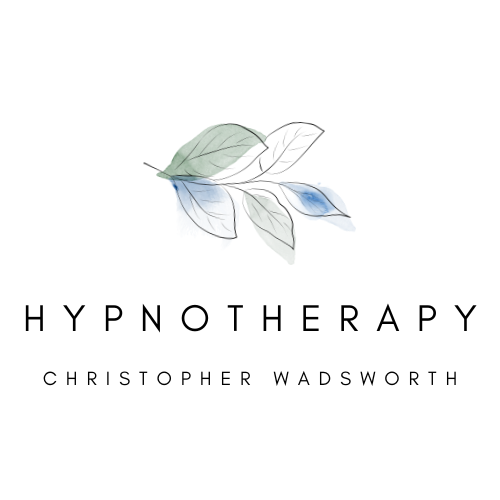Addictions & Compulsions
Are you driven by spontaneous, persistent impulses beyond your control? Have you tried to stop, but the cravings become so strong that they cause you to relapse? Are you frequently irritable, unable to consider the consequences when in the grip of cravings?
Or are you perhaps addicted to a false self-image, your position in the world, or some role into which you sink your energy and find a certain sense of meaning? When the mask slips and you are alone, does addiction shout loudest? If so, often at the core is a need to paper over an inner hollowness and self-soothe.
The purpose of all addictions, whether substance or behaviour, is to create an altered brain state to feel momentarily calmer, more excited, or less dissatisfied. The emotional charge is in the pursuit and the acquisition of the desired object, not in the possession and enjoyment of it. The fundamental addiction is to the fleeting experience of freedom, but when we flee our emotions, we also numb our full emotional capacity. Moreover, addictions can never truly replace the life needs they temporarily displace. You can sometimes get what you want but try as you might, you never get what you need.
People are susceptible to addiction if they constantly need to fill their minds or bodies with external sources of comfort, whether physical or emotional. That need expresses a failure of self-regulation: an inability to maintain a reasonably stable internal emotional environment. No one is born with the capacity for self-regulation; infants depend entirely on their parents to regulate physical and psychological states. Self-regulation is a developmental achievement, and we reach it only if the conditions for development are right. If not, a person with inadequate self-regulation becomes dependent on outside things to lift his mood and calm himself when he experiences too much undirected internal energy.
Addiction is the complex interaction of a self-reinforcing system with environmental, biological, chemical, neurological, psychological, medical, emotional, social, political, economic, and spiritual underpinnings. Viewed honestly, much of our culture entices us away from ourselves. Moreover, even though addiction may not be a natural state, the brain regions activated by it are central to our very survival. Fighting an addictive behaviour or substance can sometimes feel like going to war with yourself.
I do not guarantee the key to an absence of addictions or compulsions, but I can offer you ways to become at peace with yourself, to shift from a blaming state to one of compassionate curiosity and to accept in the present moment what is rather than what should be. The aim is to help you become friends with yourself so that the need to self-soothe can be owned, understood and found by other means than through compulsions and addictions. With its grip loosened, you have an opportunity in each moment to look after yourself and treasure your soft heart without resorting to a habit that never succeeds.
The information on this website should not be considered as medical advice and is not intended to replace a consultation with a medical practitioner. If you suffer with insomnia or have any doubts or concerns about your health, you should seek advice from a medical doctor. Hypnotherapists are not physicians and hypnotherapy does not provide the practice of medicine nor of psychotherapy. Do not rely on any information on this web site in place of seeking professional medical advice.
